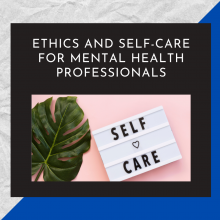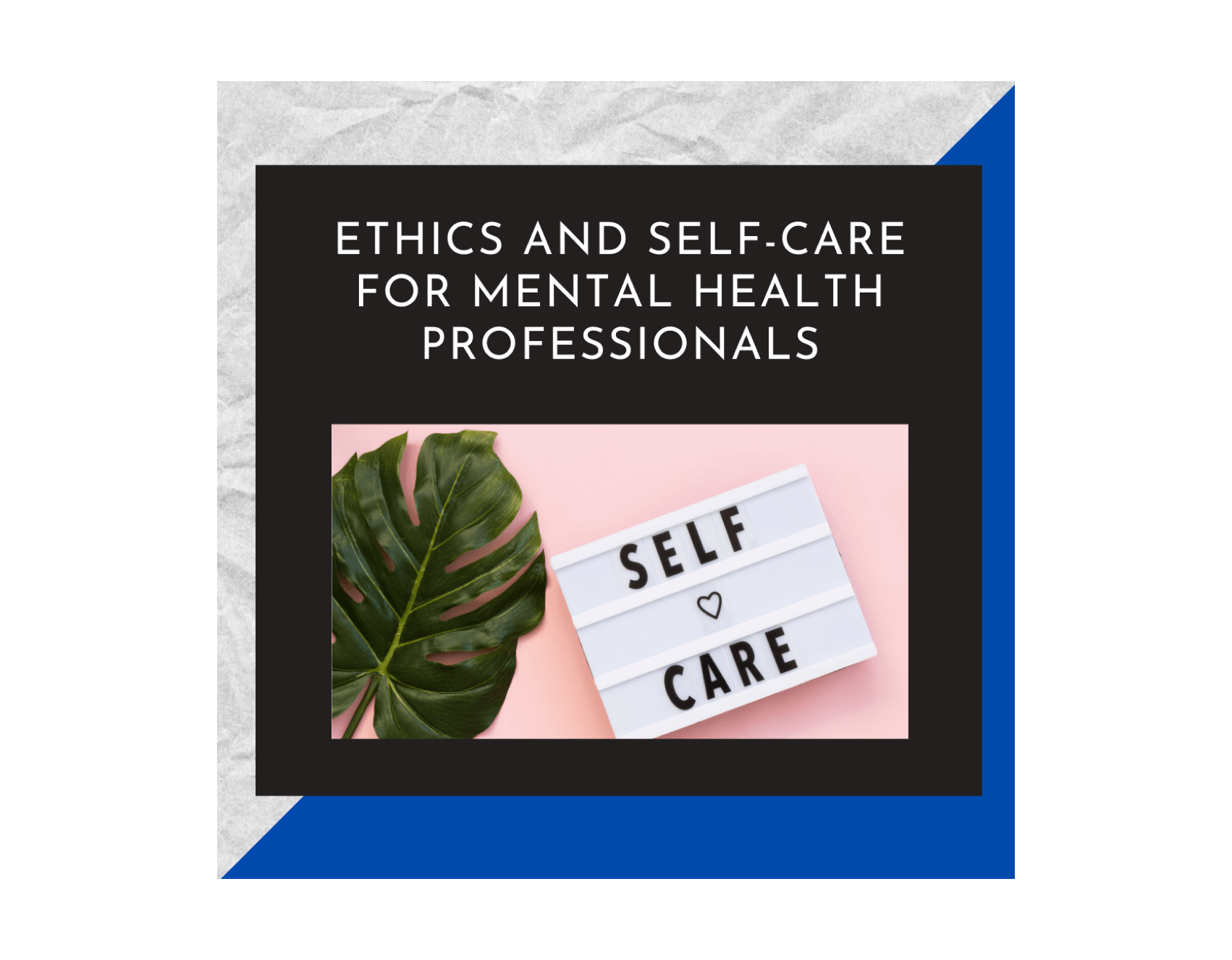
Member Prices
Non-Member Prices
Principle A of the APA Ethics Code reminds us that “Psychologists strive to be aware of the possible effect of their own physical and mental health on their ability to help those with whom they work.”
For psychologists and other mental health professionals there are strong links between self-care, professional competence, and social justice advocacy, especially in the current pandemic context. This workshop provides a theoretical basis for understanding the impact of current stressors on our competence as mental health professionals and outline evidence-based approaches to caring for ourselves and our colleagues. Workshop participants are asked to complete and discuss a comprehensive self-assessment designed to identify personal and professional sources of stress and resilience.
Discussion of ethical and multicultural vignettes reflects the current political and pandemic context provided participants an opportunity to enhance ethical decision-making and creative problem solving. Self-care, self-compassion, positive engagement with colleagues and social justice activities is promoted to enhance personal resilience and professional competence. Participants are encouraged to commit to specific self-care and communitarian-care strategies that focus on their intellectual, emotional, physical, and spiritual selves in the context of positive psychology research findings. Finally, the critical role of professional associations in promoting wellness and in fostering a more just and humane world is discussed.
Learning Objectives:
- Explain how maintaining personal well-being as a mental health professional is an ethical responsibility that is directly related to competence in a complex multicultural society.
- Describe the role of professional colleagues and social justice engagement in maintaining personal wellness and professional competence.
- Identify two occupational vulnerabilities common to mental health professionals and two that are unique to you based on a self-assessment exercise
- Develop a clearly articulated plan for implementing two research-supported self-care strategies that are appropriate in the current pandemic context and beyond.
- Develop a clearly articulated plan for engaging in a communitarian or social justice activity in your community.
If you have registered and cannot view webinar, please contact [email protected].













